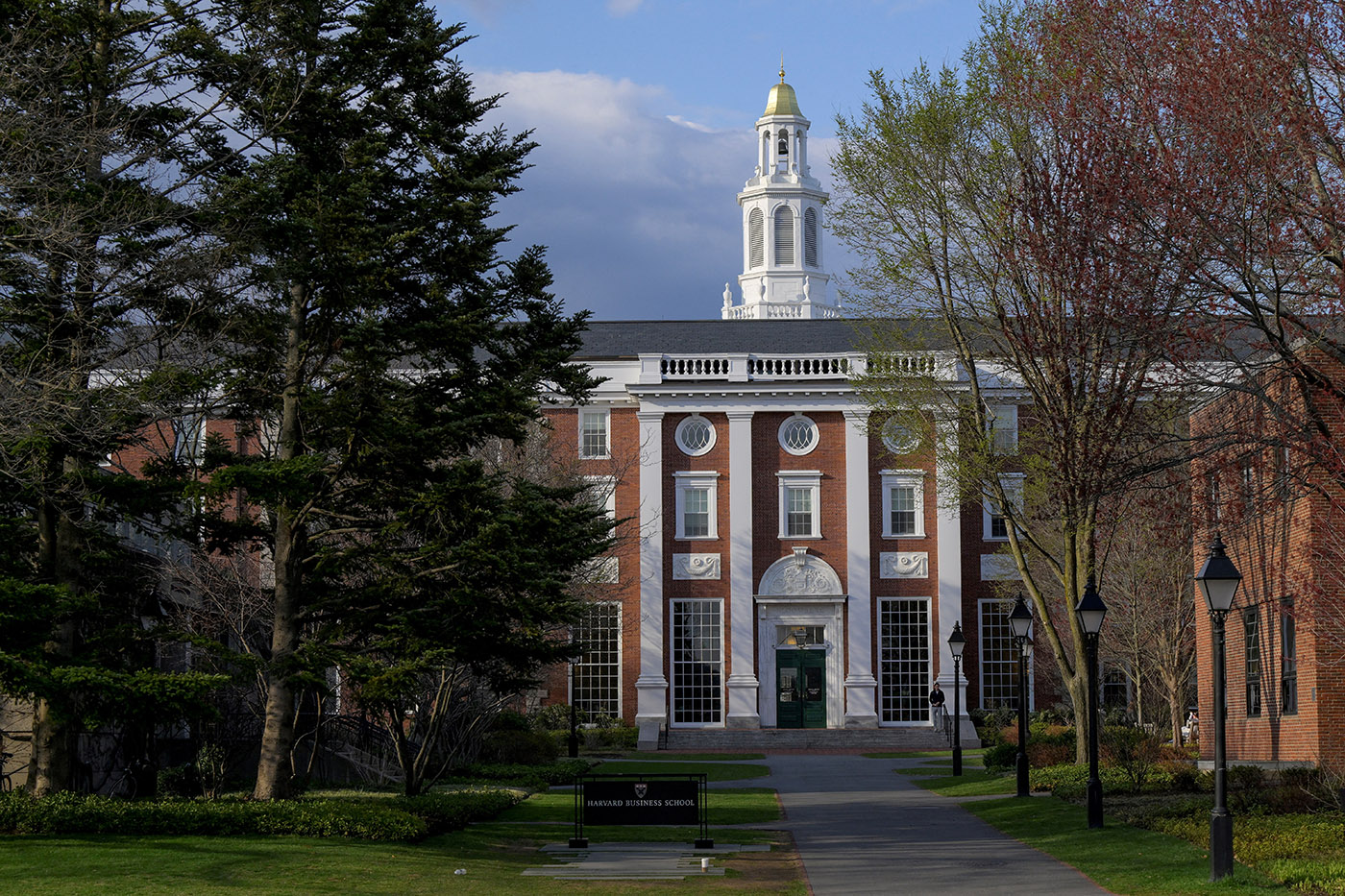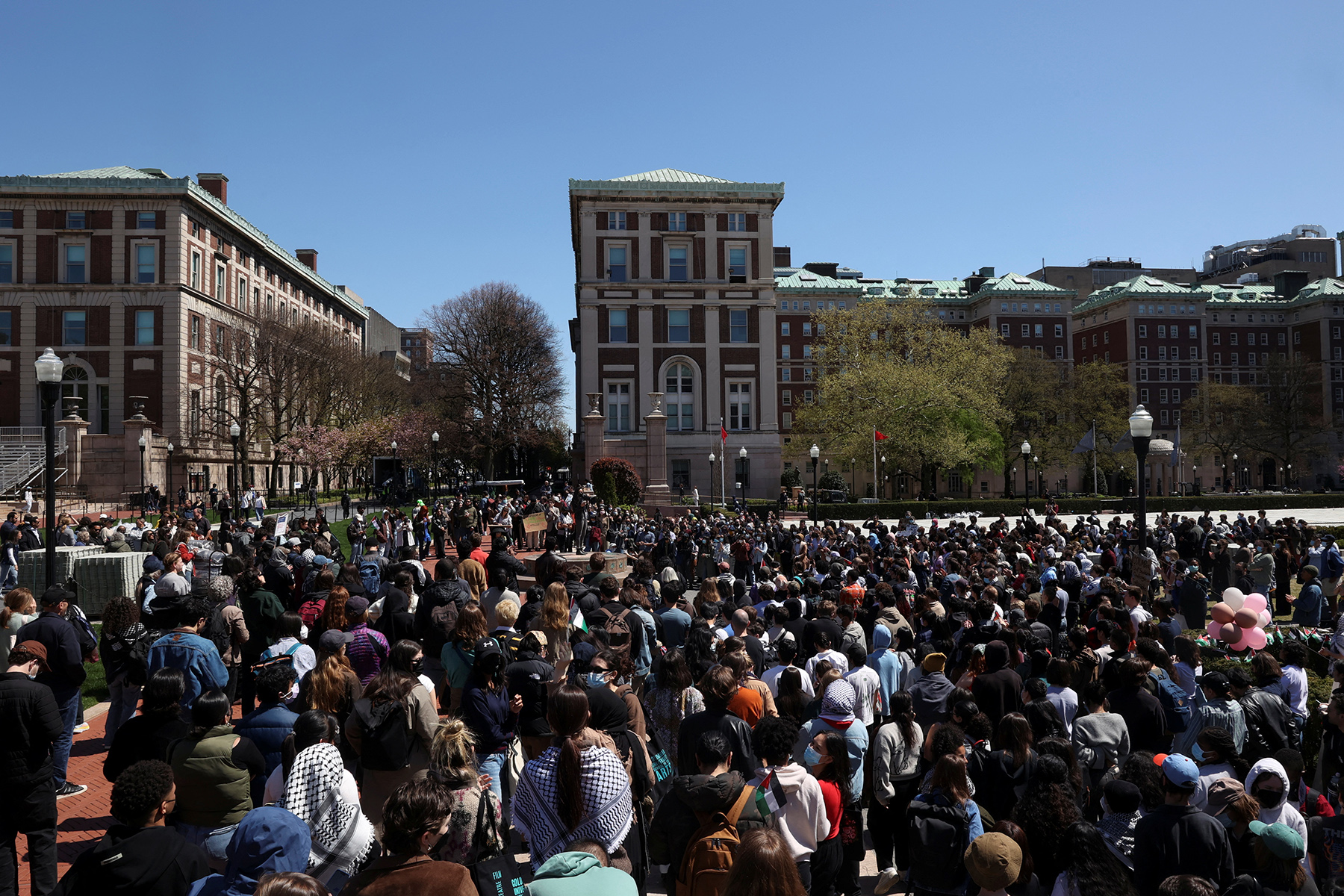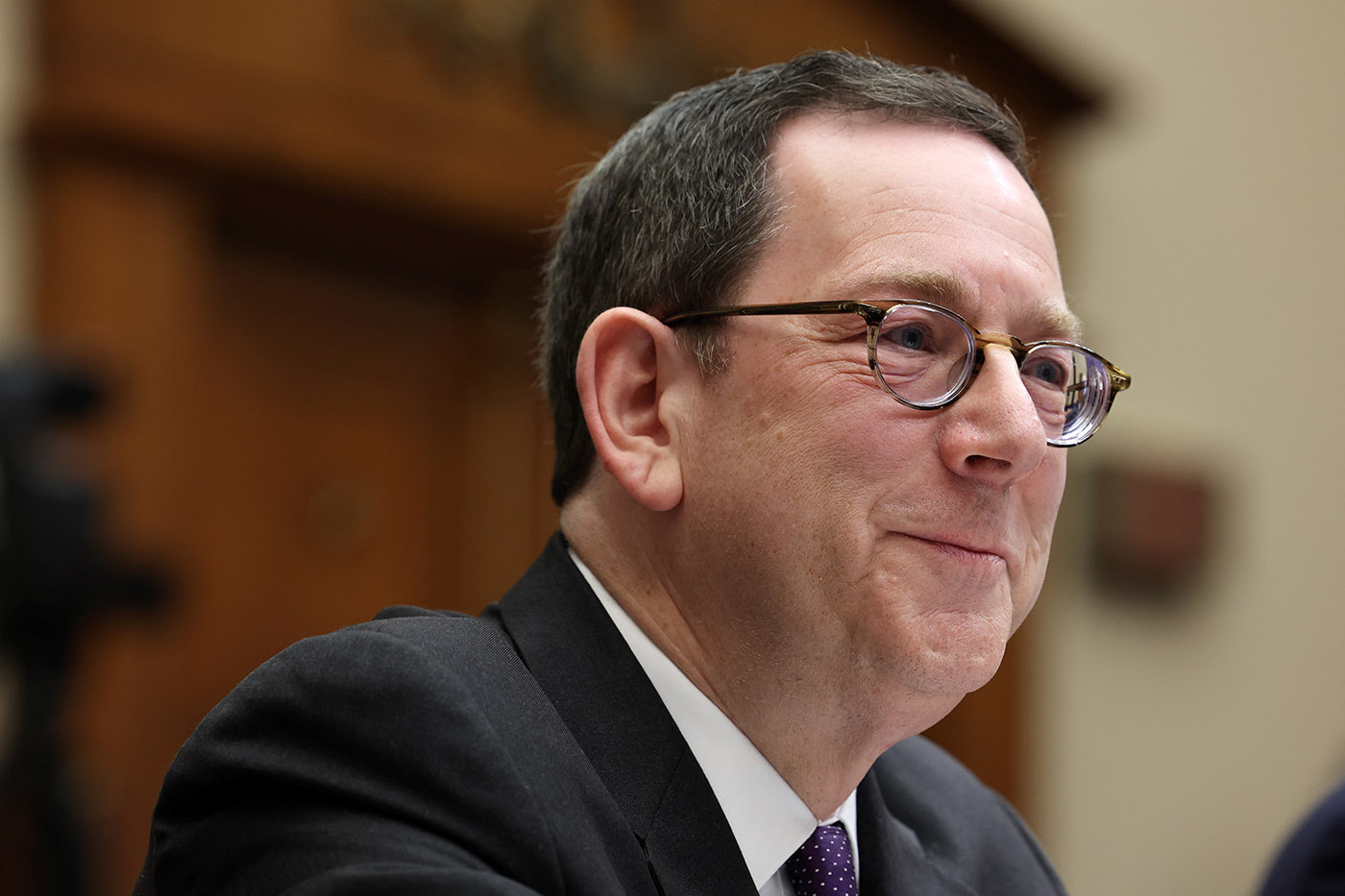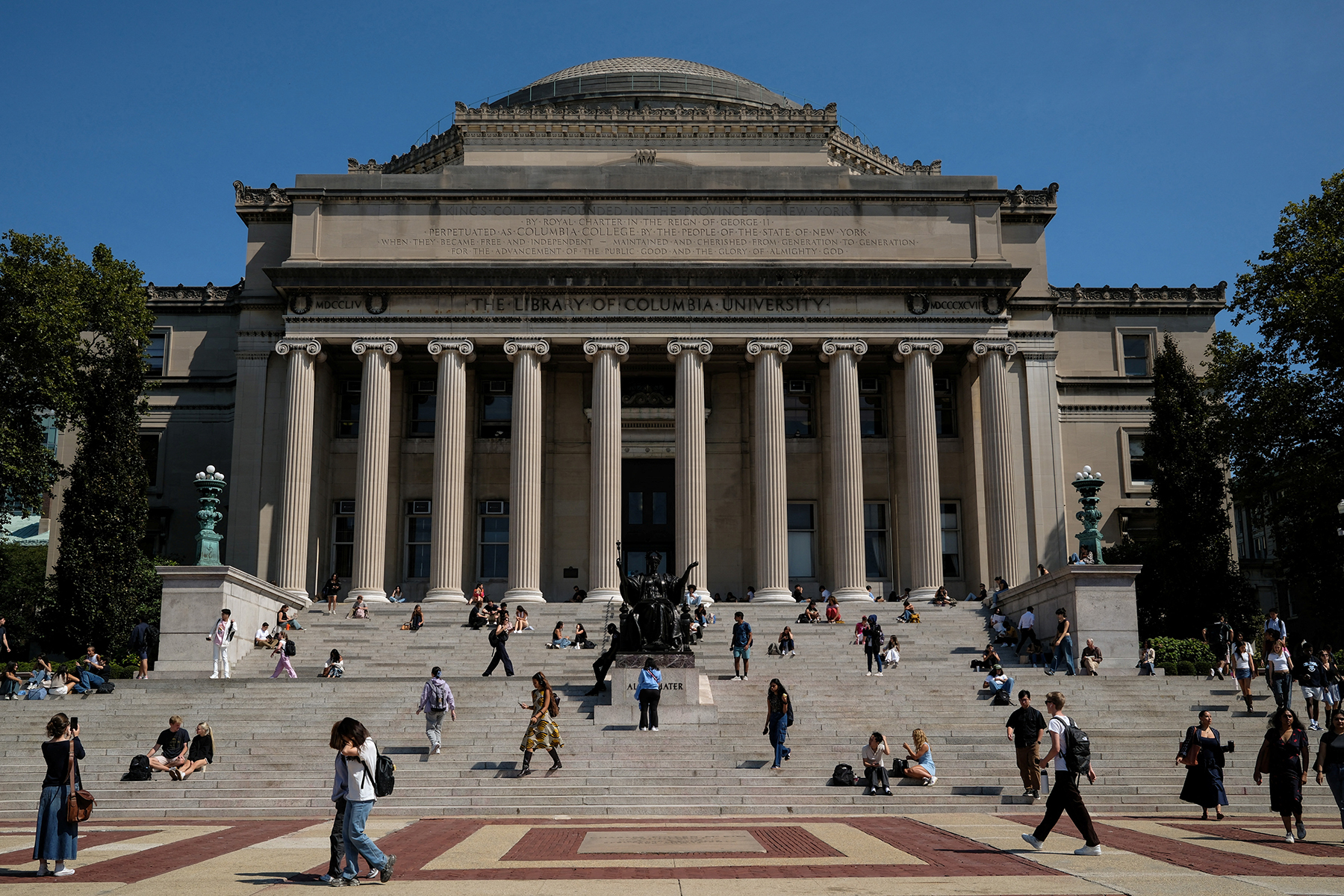On October 20th, the Foundation for Individual Rights in Education (FIRE) published a report examining how colleges discourage, censor, and punish students’ and faculty members’ online expression.
The report, “Memory-holed: Universities and Internet Speech,” details 35 incidents of universities punishing students or faculty for speech online, and 10 universities with policies in place that FIRE says give administrators “immense power to punish large swaths of speech.” According to the advocacy group, many public universities are acting like the First Amendment applies differently to online speech.
“The internet doesn’t function in exactly the same way as a campus quad, but that doesn’t mean public universities, which are bound by the First Amendment, or private universities, bound by their commitments to free speech, have carte blanche to censor or punish their campus communities when they speak online,” the authors write in the introduction to the report.
In one example, a community college charged a student with “hazing, disorderly conduct, breach of the peace” for sending two emails encouraging other students to take a class at a different college (some students allegedly reported the student to the Vice President of Student Affairs who placed him on disciplinary probation). In another example, a college investigated a professor for a satirical tweet about President Donald Trump after the President threatened to bomb Iranian heritage sites.
In addition to highlighting individual incidents, the report’s authors point to a new pattern whereby universities have begun inserting speech codes into their policies governing university emails and internet servers. The authors say that public universities that implement policies prohibiting offensive language online are likely violating the First Amendment.
Some universities even regulate what a student can say on their private account. For example, Cheyney University of Pennsylvania’s policy on Acceptable Use of Technology applies to “both on-campus and off-campus” electronic media and prohibits students from harassing others with “annoying, threatening, libelous, sexually, racially, or religiously offensive messages.”
As universities have started opening their own social media accounts on Twitter and Facebook, some have used special filters to remove specific words and comments. For example, the report highlights Texas A&M University’s practice of filtering posts that contain the words “peta,” “abuse,” “abusers,” and “lab” after facing criticism from animal rights activists over research conducted on dogs. The university eventually agreed to remove the automatic filters in a settlement but has since been accused of continuing to censor activist content by manually removing the posts.
To better protect student and faculty members’ civil liberties, and to reduce the risk of censorship, the authors of the report offer a set of principles universities and colleges can adopt including crafting “clear, publicly available” policies and applying them in a viewpoint-neutral manner. The authors also ask administrators to avoid automatic filters on official platforms and avoid blocking users based on their viewpoint.
Tags




